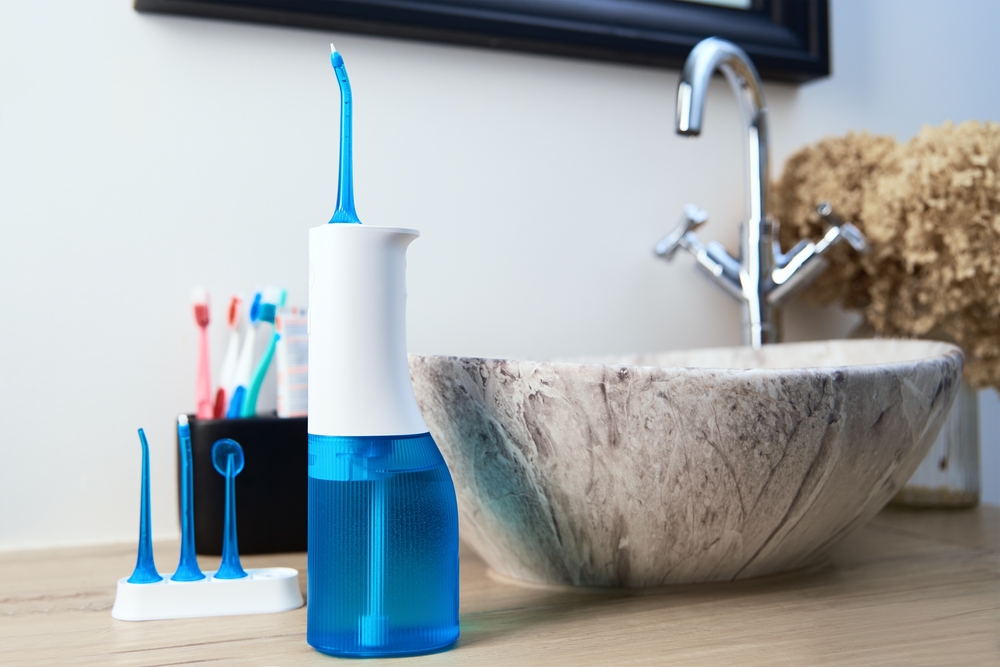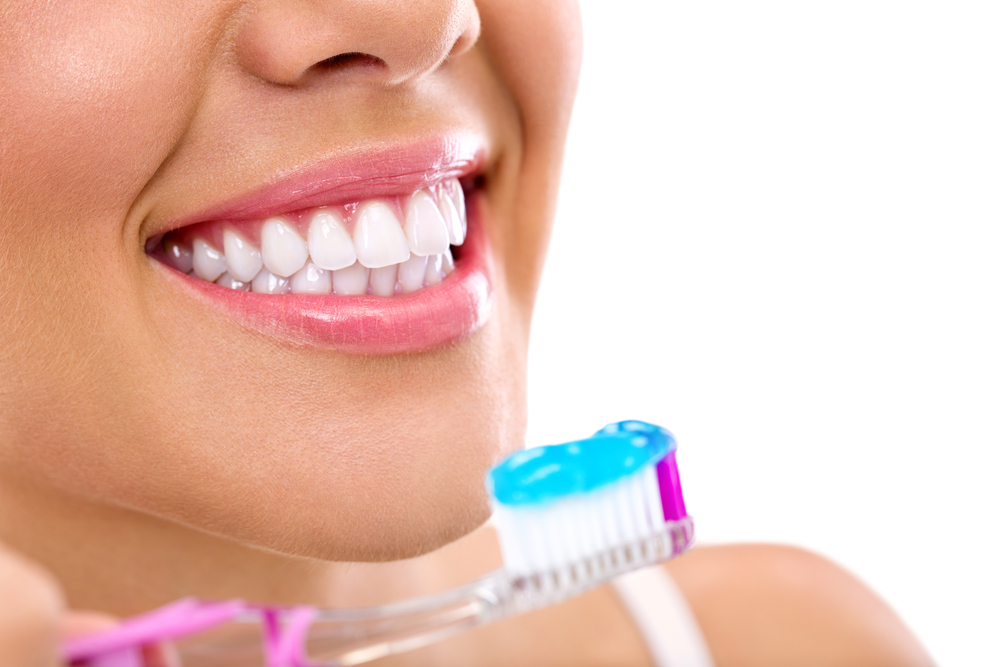Dental Implant Care Tips from Our Dentist Near You
Dental implants are a revolutionary solution for replacing missing teeth, offering durability, functionality, and a natural appearance. However, their longevity and success depend heavily on proper care. Whether you’ve recently received dental implants or are considering them, understanding how to maintain them is crucial for preserving your investment and oral health.
Learn more about dental implants in Oakville with our dentist near you today by calling (905)-901-3824! Let’s transform your smile for a lifetime.
 Why Caring for Dental Implants Matters
Why Caring for Dental Implants Matters
Dental implants are designed to mimic natural teeth. Unlike natural teeth, implants are anchored into the jawbone with a titanium post, making them stable but still susceptible to plaque buildup and gum issues. Proper care ensures:
- Longevity: Well-maintained dental implants can last decades or even a lifetime.
- Oral Health: Good hygiene prevents infections that could affect surrounding teeth and gums.
- Aesthetics: Clean implants maintain a natural, polished look.
- Cost Savings: Avoiding complications reduces the need for costly repairs or replacements.
How to Care for Your Dental Implants
Brush Twice Daily with the Right Tools
Brushing your dental implants twice a day is critical to removing plaque and bacteria. Use a soft-bristled toothbrush to avoid scratching the implant surface or irritating your gums. Electric toothbrushes with oscillating heads are highly effective for thorough cleaning.
- Pro Tip: Opt for a non-abrasive toothpaste to protect the implant’s surface. Avoid whitening toothpastes with harsh ingredients that could damage the restoration.
Floss Daily to Prevent Plaque Buildup
Flossing is essential for cleaning areas around the implant that a toothbrush can’t reach, such as under the gumline. Use floss, unwaxed dental tape, or a water flosser for gentle yet effective cleaning.
- Why It Matters: Plaque buildup around implants can lead to peri-implant mucositis, a reversible condition that, if untreated, may progress to peri-implantitis.
- Pro Tip: Ask our implant dentist to demonstrate proper flossing techniques for implants during your next visit.
Use an Antibacterial Mouthwash
Rinsing with an alcohol-free antibacterial mouthwash helps reduce bacteria and maintain gum health.
Consider Interdental Brushes for Hard-to-Reach Areas
Interdental brushes are small, cone-shaped brushes designed to clean between teeth and implants. They’re especially useful for patients with wider gaps or fixed implant bridges.
- How to Use: Gently insert the brush between the implant and adjacent teeth, moving it back and forth to remove debris.
- Pro Tip: Choose the right size brush to avoid applying excessive pressure.
Routine Visits to the Dentist
Regular dental checkups and cleanings are essential for maintaining excellent oral health and keeping your dental implants in pristine condition. Our dentist in Oakville will examine your implants to check for any signs of wear or damage and clean and polish them to remove plaque and tartar buildup. Contact (905)-901-3824 to schedule an appointment.
Dental Implant Post-Op Care
After undergoing dental implant surgery, it is essential to adhere to comprehensive post-operative care guidelines. Here are some detailed points and additional tips for post-op dental implant care:
- Immediate Aftercare: Apply ice to the affected area for 24 hours to reduce swelling. Avoid putting pressure on the implant site and refrain from using straws for the first 24 to 48 hours. Consume clear liquids and soft or pureed foods to prevent damage to the implant site.
- Oral Hygiene Care: Use warm salt water rinses three times daily to keep the implant site clean and promote healing. Avoid brushing or flossing the implant site for the first 24 hours, then use a soft-bristled toothbrush and gentle circular motions to clean the implant site. If prescribed, use an antimicrobial mouthwash to reduce the risk of infection, following the dentist’s instructions carefully.
- Physical Activity: Avoid strenuous physical activity for the first few days following the procedure to allow the body to heal. Gradually return to your activity level as directed by your dentist to prevent complications.
- Dietary Restrictions: Wait at least one hour after your implant placement before eating. Refrain from eating hard foods that can injure the implant site, and avoid hot liquids and spicy items for a few days following the surgery. Initially, consume soft foods such as mashed potatoes, pasta, cottage cheese, soup, or scrambled eggs, and gradually progress to a regular diet as tolerated.
- Medication and Follow-up: Follow the prescribed pain management plan and complete the entire course of antibiotics if they’re prescribed to minimize the risk of infection. Attend all scheduled follow-up appointments with your dentist to ensure proper healing and the ongoing success of your dental implants.
Problems that Can Occur without Proper Dental Implant Care
Implant maintenance problems can occur despite regular care and maintenance. Here are some common problems and how to address them:
- Peri-implantitis: This is a type of gum disease that affects the tissue around the implant, leading to inflammation and bone loss. Symptoms include bleeding, swelling, and redness around the implant site. To treat peri-implantitis, our dentist may recommend antibiotics, deep cleaning procedures, or even surgery in severe cases.
- Loose implant: If you feel like your implant is loose or wobbly, it may be due to a loose abutment screw or implant failure. Contact our Oakville dentist immediately for an evaluation and treatment options.
- Broken restoration: The crown, bridge, or denture that is attached to the implant may become loose, crack, or break over time. This can be due to normal wear and tear or physical trauma. Depending on the extent of the damage, our dentist may recommend a repair or replacement.
- Gum recession: Gum recession can occur around the implant, exposing the implant to bacteria and leading to implant failure. Our dentist may recommend gum grafting surgery to address the recession and prevent further damage.
 Frequently Asked Questions
Frequently Asked Questions
What factors put me at a greater risk for peri-implantitis and implant failure?
- Smoking
- Periodontitis
- Diabetes
- Infection
Your dentist will provide personalized instructions on how to care for your teeth following your implant procedure if any of the risk factors listed above apply to you.
Will I experience any discomfort while my implant heals?
Can dental implants shift over time, and is there a need for adjustments?
Can I use water flossers or oral irrigators with dental implants?
Learn How to Nurture Your New Smile, Post-Implant Surgery!
Maintaining your radiant smile doesn’t stop at the dental implant procedure. Ensure the longevity of your pearly whites by caring for your new restorations. Contact our dentist near you today at (905) 901-3824 or fill out our online contact form to connect with Dr. Zajac and achieve your dream smile! Serving Flagarwood, Holton Heights, Sunningdale, and West Oak Trails, ON.
 Why Caring for Dental Implants Matters
Why Caring for Dental Implants Matters Frequently Asked Questions
Frequently Asked Questions